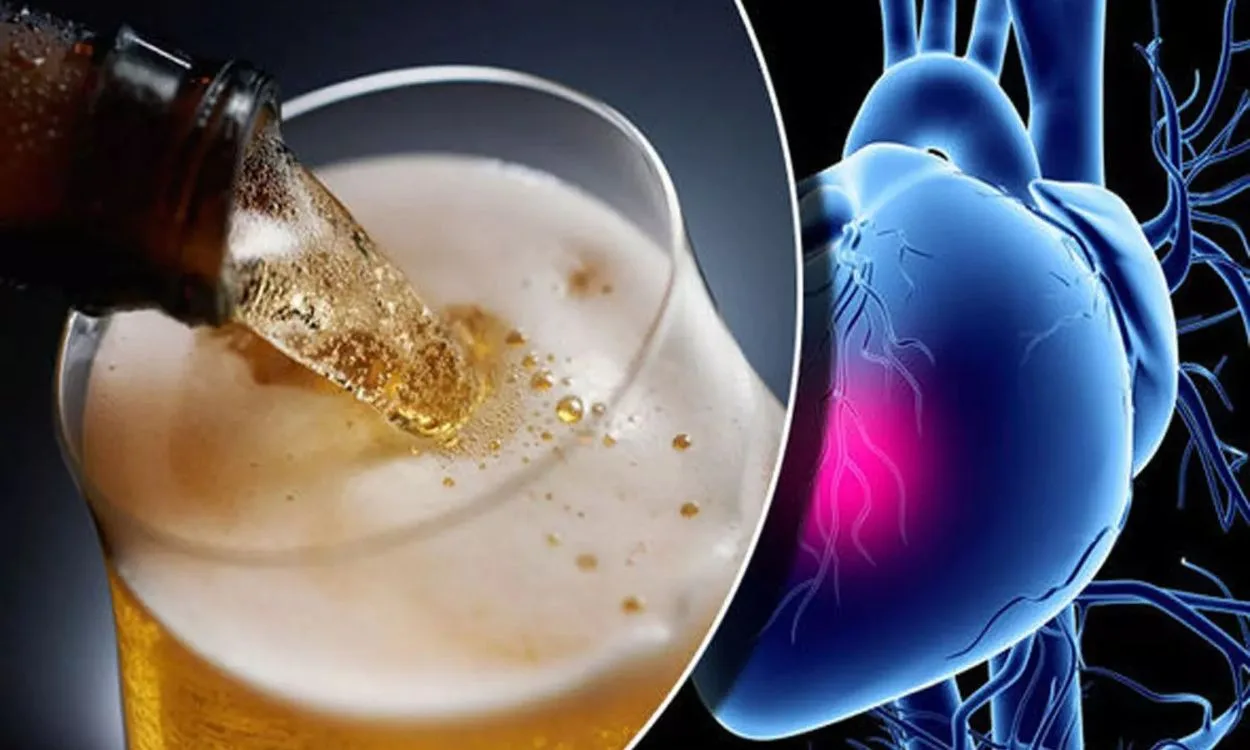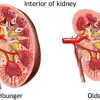How does alcohol consumption impact heart health?
Alcohol consumption has been a part of social and cultural activities for centuries. While moderate alcohol consumption has been associated with certain health benefits, excessive or chronic alcohol intake can have detrimental effects on various organs of the body, including the heart. In this article, we will explore the impact of alcohol consumption on heart health and discuss the potential risks and precautions for individuals in the Indian population.
1. How Alcohol Affects the Heart
Alcohol can affect the heart in several ways, including:
- Cardiomyopathy: Excessive alcohol consumption can lead to the development of cardiomyopathy, a condition characterized by the weakening and enlargement of the heart muscle. This can compromise the heart’s ability to pump blood effectively and may result in heart failure.
- Arrhythmias: Alcohol can cause irregular heart rhythms or arrhythmias, such as atrial fibrillation. These abnormal heart rhythms can disrupt the normal electrical signals in the heart and increase the risk of stroke or other serious cardiovascular events.
- High Blood Pressure: Alcohol consumption can elevate blood pressure levels, leading to hypertension. Prolonged high blood pressure can damage blood vessels, strain the heart, and increase the risk of heart disease and stroke.
- Increased Triglyceride Levels: Alcohol can raise triglyceride levels in the blood, which are a type of fat. Elevated triglyceride levels are associated with an increased risk of heart disease.
2. Alcohol Consumption Guidelines
It is important to understand the guidelines for moderate alcohol consumption to minimize the potential risks to heart health. In the Indian context, the following recommendations can be considered:
- Men: Men should limit their alcohol intake to no more than two standard drinks per day. A standard drink in India typically contains around 10 grams of alcohol, which is equivalent to a small glass (100 ml) of wine or a 330 ml bottle of beer.
- Women: Women should limit their alcohol intake to no more than one standard drink per day.
- Abstaining for Some Individuals: It is important to note that certain individuals, such as those with a history of alcohol abuse, liver disease, or certain medical conditions, may need to completely abstain from alcohol to protect their heart health.
3. Risks of Excessive Alcohol Consumption
Excessive alcohol consumption, beyond the recommended guidelines, can significantly increase the risks to heart health. Some of the potential risks include:
- Increased Risk of Heart Disease: Chronic heavy drinking can lead to the development of various heart diseases, including coronary artery disease, heart failure, and alcoholic cardiomyopathy.
- High Blood Pressure: Excessive alcohol intake is strongly associated with high blood pressure, which is a major risk factor for heart disease.
- Weakened Immune System: Alcohol can weaken the immune system, making individuals more susceptible to infections, including those affecting the heart and blood vessels.
- Increased Risk of Stroke: Heavy drinking can significantly increase the risk of stroke, a condition caused by a disruption of blood supply to the brain. It is a leading cause of disability and death in India.
4. Balancing Enjoyment and Heart Health
While alcohol consumption can have negative effects on heart health, individuals can still enjoy alcoholic beverages in moderation. Here are some tips for balancing enjoyment with heart health:
- Know your limits: Understand the recommended guidelines for moderate alcohol consumption and stick to them. It is crucial to be aware of the standard drink sizes and the alcohol content of different beverages.
- Alternate with non-alcoholic options: When socializing or celebrating, consider alternating alcoholic drinks with non-alcoholic options like water, mocktails, or herbal teas. This can help reduce overall alcohol intake and keep hydration levels in check.
- Be mindful of your choices: Opt for healthier alcoholic choices like red wine, which contains antioxidants that may have some cardiovascular benefits when consumed in moderation. Avoid sugary, high-calorie cocktails that can contribute to weight gain and other health issues.
Interested in tracking and improving your heart health?
If you are concerned about your heart health and want to take control of your overall well-being, the Fitpaa app can help you achieve your health and fitness goals. With the assistance of a dedicated team of fitness coaches, nutritionists, and doctors, Fitpaa provides personalized plans and guidance to optimize your metabolism and support cardiovascular health.
By following the Fitpaa Capsule, which includes medical therapy, exercise therapy, nutrition therapy, and cognitive-behavioral therapy, you can work towards achieving your heart health goals while strengthening your entire body and mind.
Download the Fitpaa app today to experience the joy of getting fit, staying healthy, and excelling in life. Your well-being is our mission, and we are committed to helping you achieve your health and fitness goals with guaranteed results.









